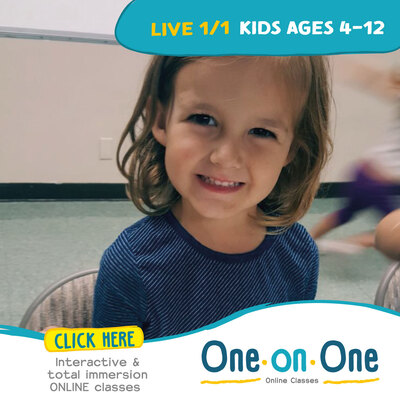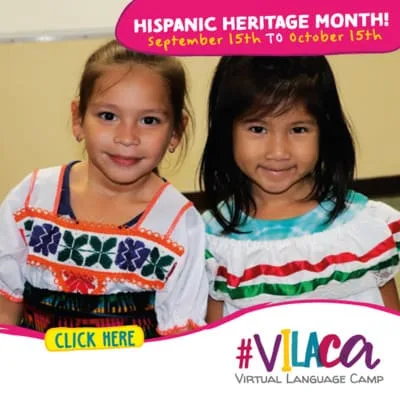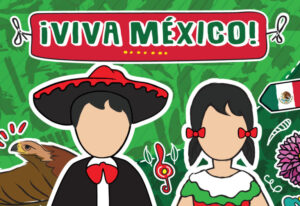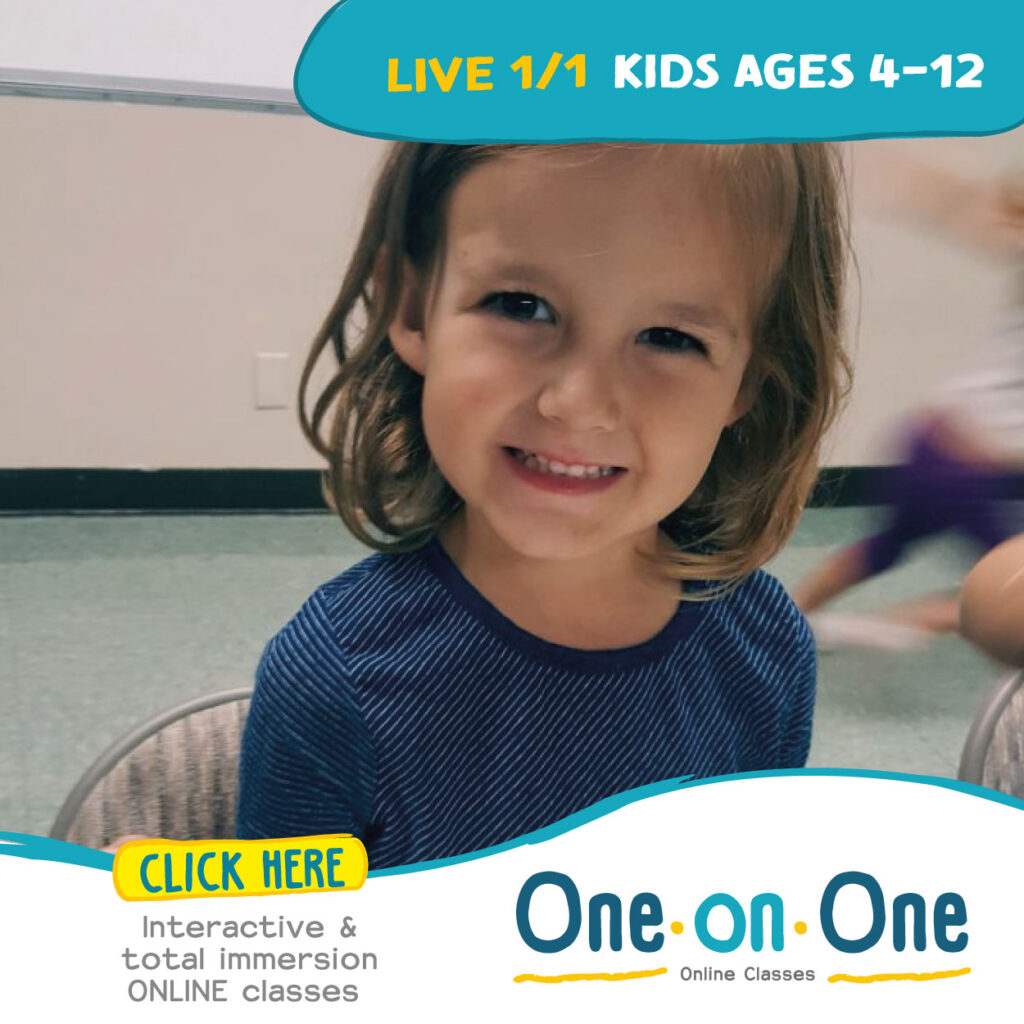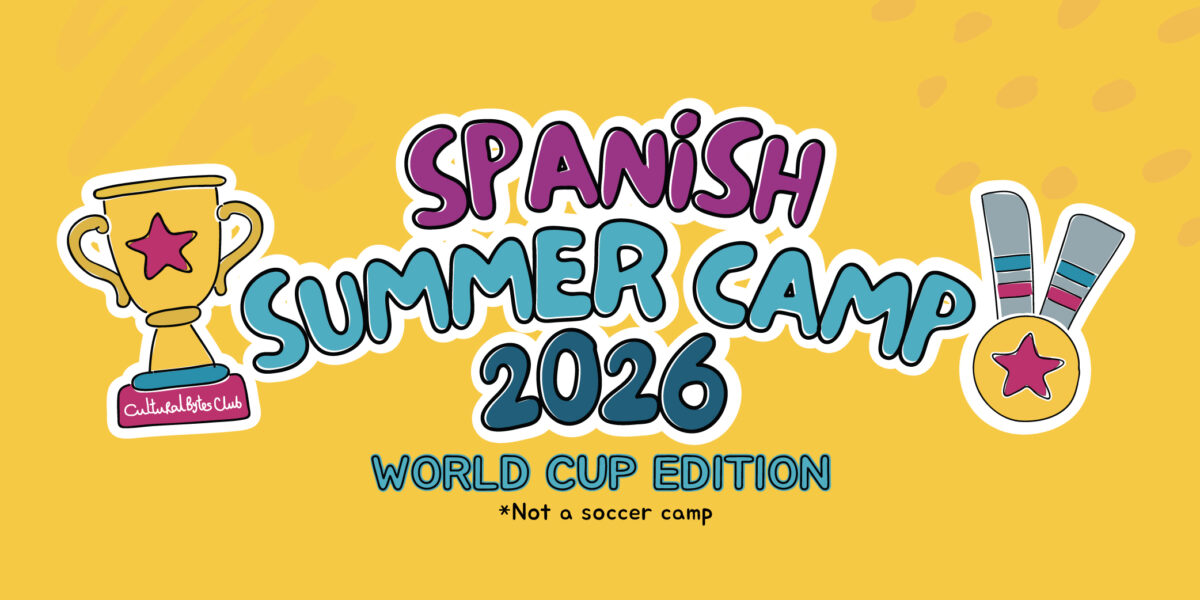“Would you rather be able to bring inanimate objects to life or talk with animals?”
“Would you rather live in a treehouse or a cave?”
Maybe you’ve played ‘would you rather’ before and learned more about your friends and family by their answers. Here at Cultural Bytes we have our own special ‘would-you-rather?’ question:
“Would you rather learn a language from flashcards or from being immersed in the living culture?”
We want to show you that there’s no better way to learn a language than by learning the culture due to the following reasons:
- Your language learning will be more authentic.
- The language will stick with you longer.
- This method will add richness to your life.
1. Your Language Learning Will Be More Authentic
Are babies born with language apps downloaded into their brains? No, they are born with ears to listen to the noises their parents are making and a tongue to try and mimic these noises in the formation of words and sentences. Children and adults alike learn a second language best by copying the method in which they naturally learned their first language – by engaging in meaningful and practical conversation with native speakers. John Fotheringham from Language Mastery says this regarding the popular language app, Duolingo:
“While Duolingo does provide some input (listening and reading exercises) and an itty-bitty bit of output (typing and pronunciation exercises), this is a far cry from authentic input (e.g. reading manga or watching anime) or true output (e.g. speaking with a native Japanese speaker). These two factors―authentic input and true output―are the keys to reaching fluency in a language, not tapping away on a screen.”
Flashcards will teach you what the word “leche” (milk) means. Learning from someone who knows the culture will not only teach you to say “leche,” but more importantly how to order a slice of “tres leches,” a popular and delicious dessert in many Spanish speaking countries.
2. The Language Will Stick With You Longer
We’ve heard it too many times to count – “I tried a language app and even took multiple classes, but I didn’t use the language so I lost it.” Language apps and even college courses are great for an
introduction to language, but they will not lead to long term fluency. Hillary Sibille, Teacher of French, Spanish and English as a second language since 1979 says this of her 43 years of experience with students:
“If you took two years of Spanish, you’re, at most, a high beginner. If you never use the language after high school, you’ll forget most of it… My estimate is based on 1. studying the ACTFL’s (American Council on the Teaching of Foreign Languages) proficiency levels and taking a course in administering proficiency testing, and 2. years of placing transfer students into classes at my school.”
Learning the language by speaking with someone who understands and loves the culture will not only implement vocabulary, but
3. This Method Will Add Richness to Your Life.
Let’s take a step back and define what we mean by ‘Culture’? According to Oxford Languages, ‘Culture’ is:
The customs, arts, social institutions, and achievements of a particular nation, people, or other social group.
Studying the word “museo” on a bland flashcard and searching a picture of a beautiful building on the internet will not compare to talking with someone who has walked the very hallways of the Museo Nacional de Bellas Artes (National Museum of Fine Arts) in Chile and can tell you about their favorite painting.
Learning in class about musician Marc Anthony and his famous song, “Vivir Mi Vida,” is not the same as talking with someone who joyfully pulls up the song and starts singing along in Spanish because the song has made a difference in their life. The joy is contagious and this cultural interaction has added richness to your life that you didn’t have in a formal classroom setting.
That’s why here at Cultural Bytes, we desire to make the language come alive by immersing every interaction in culture with teachers who love the culture and their students. With our ViLaCa program, your child will have so much fun jumping up and down to the traditional jump rope song, “El cocherito” and getting their hands messy with crafts replicating Alfajor (traditional Latino dessert) that they barely even recognize that they are learning a language.


